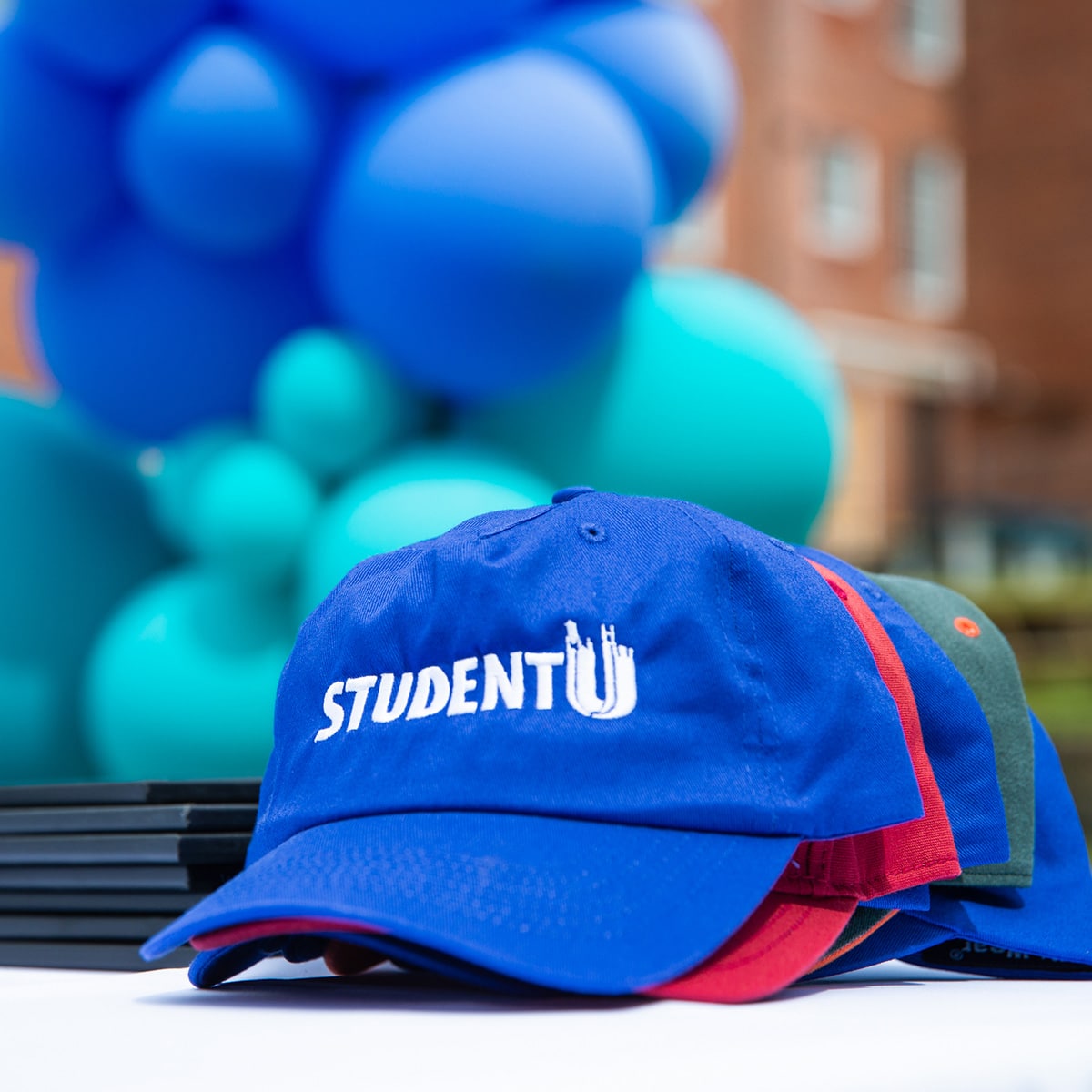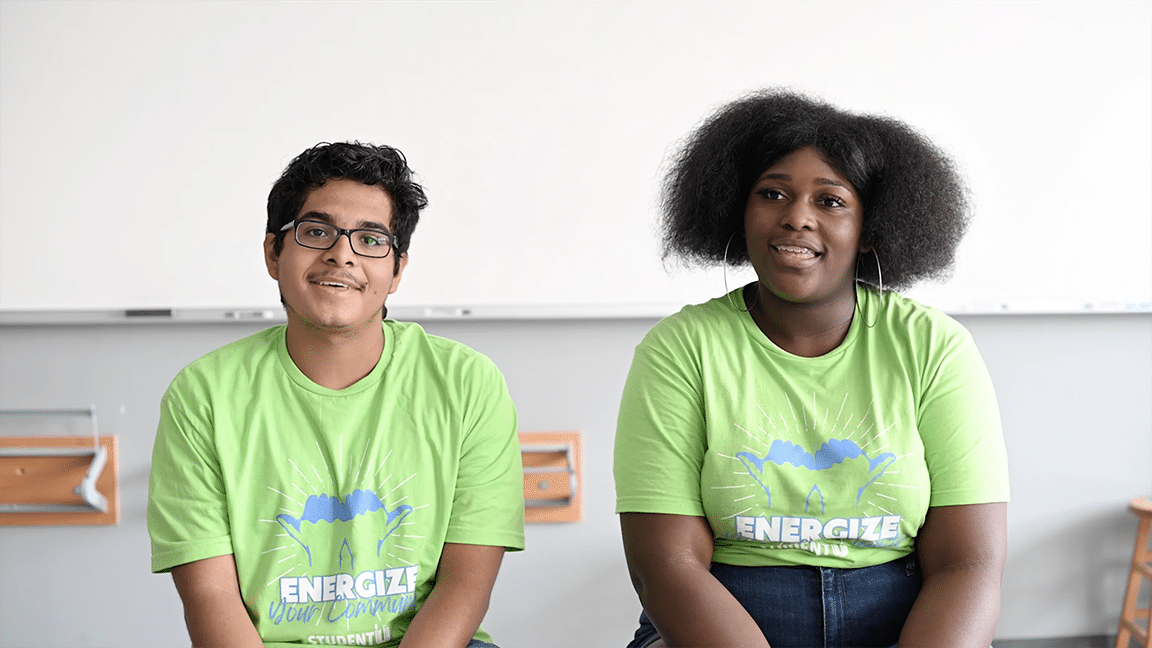To see the potential of our future, we first need to understand our context and honor our history. As we continue to celebrate our 10 Year Anniversary, this month we will be highlighting some of our early partnerships.
Student U is proud to be built by Durham, and for Durham. Since its creation, Student U has
partnered directly with Durham County to build the strongest program possible, in service
of building the strongest system of education possible for the Durham Community. Durham
County Commissioners have served as tremendous advocates for the organization, publicly
endorsing our work and privately providing tremendous guidance to staff members.
In April 2017, Student U, in partnership with Self-Help, officially purchased the W.G. Pearson
Center (WGPC) from the Durham Public Schools. In addition to private money raised for
the purchase, Durham County agreed to provide $4.25 million to support the remediation
and renovation of WGPC. An official Memorandum of Understanding is currently being
written between Durham County and Student U regarding how this funding will enhance
the partnership. WGPC, a historic school building and a central landmark on the Fayetteville
Corridor, is adjacent to the Fayette Place apartments and the future stop for the potential
Durham-Orange Light Rail. With North Carolina Central University, the Lincoln Community
Health Center, and the Hayti Heritage Center within blocks, Student U at WGPC will become a
critical part of the Hayti Community, joining with other community institutions and individuals
to advocate for equitable community improvements and continued community pride.
Student U is committed to utilizing the WGPC in a manner that both honors its history in the Hayti community and best serves Durham. At the WGPC, Student U will continue to provide its holistic afterschool programming. As a result of the additional space, Student U will be able to collaborate with the Durham community to expand the reach of its best practices to better serve the citizens of Durham County.
Expanded impact is expected to include:
- Directly serving at least 33% more students in the next three years.
- Enhancing leadership development opportunities for students and parents.
- Creating an innovation hub to integrate best practices in to the school system.
- Creating collective impact partnerships with other community non-profits.









